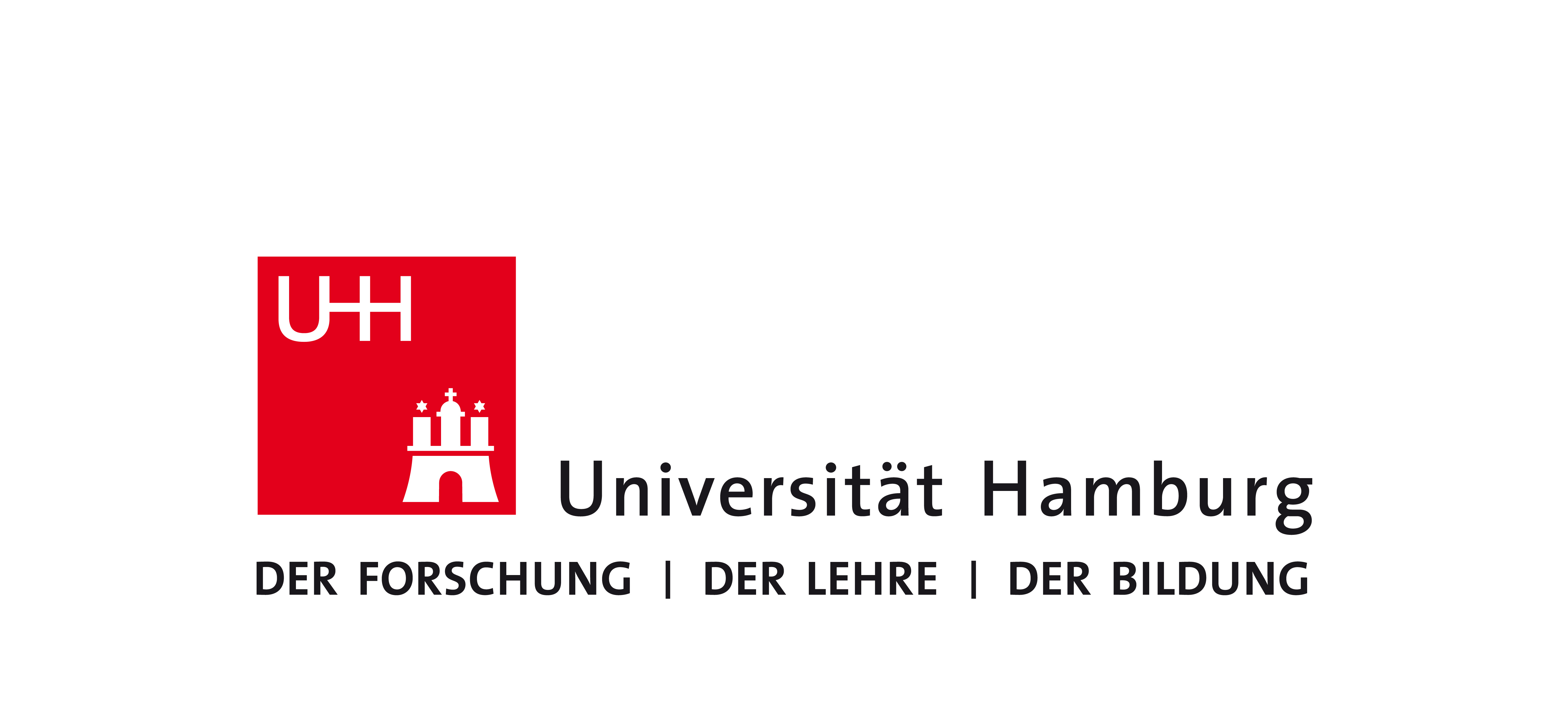 Universität Hamburg (UHH) is the largest institution for research and education in northern Germany. As one of the country’s largest universities, UHH offers a diverse range of degree programs and excellent research opportunities. The University boasts numerous interdisciplinary projects in a broad range of fields and an extensive partner network of leading regional, national, and international higher education and research institutions. Universität Hamburg offers approximately 170-degree programs within its eight faculties.
Universität Hamburg (UHH) is the largest institution for research and education in northern Germany. As one of the country’s largest universities, UHH offers a diverse range of degree programs and excellent research opportunities. The University boasts numerous interdisciplinary projects in a broad range of fields and an extensive partner network of leading regional, national, and international higher education and research institutions. Universität Hamburg offers approximately 170-degree programs within its eight faculties.
Sustainable science and scholarship
Universität Hamburg is committed to sustainability. All our faculties have taken great strides towards sustainability in both research and teaching.
Excellent research
As part of the Excellence Strategy of the Federal and State Governments, Universität Hamburg has been granted clusters of excellence for 4 core research areas:
- Advanced Imaging of Matter (photon and nanosciences),
- Climate, Climatic Change, and Society (CliCCS) (climate research),
- Understanding Written Artefacts (manuscript research) and
- Quantum Universe (mathematics, particle physics, astrophysics, and cosmology).
An equally important core research area is Infection Research, in which researchers investigate the structure, dynamics, and mechanisms of infection processes to promote the development of new treatment methods and therapies.
The Institute of Wood Science combines research in the fields of natural-, engineering- and economic sciences for the sustainable utilization of the renewable resources wood, bamboo, palm and straw for innovative materials or bioenergy. The institute offers the following 4 study programmes (2BSc and 2MSc; such as BSc Bioressourcen-Nutzung and MSc Wood Science the latter in English). Additionally, our graduates have the chance to do a PhD.
Research and teaching include the fields of wood biology, wood technology, sustainable forest management, economy, biotechnology and business planning. Our students get to know the properties of wood, palm, bamboo and straw. Their utilization for any kind of product is a central issue in our teaching. We cooperate with many partners in different research consortia. In addition, we cooperate with the Technische Universität Hamburg (TUHH) and the climate cluster of excellence CLISAP. In the field of wood science, we cooperate with the Thünen Institute of Wood Research. Research and teaching topics are molecular and biochemical regulation of heartwood formation, biological control of wood-destroying fungi, the impact of climate change on CODT and the molecular identification of bacteria, wood-destroying fungi and wood species, CITES protected ones as well as their lookalikes.
